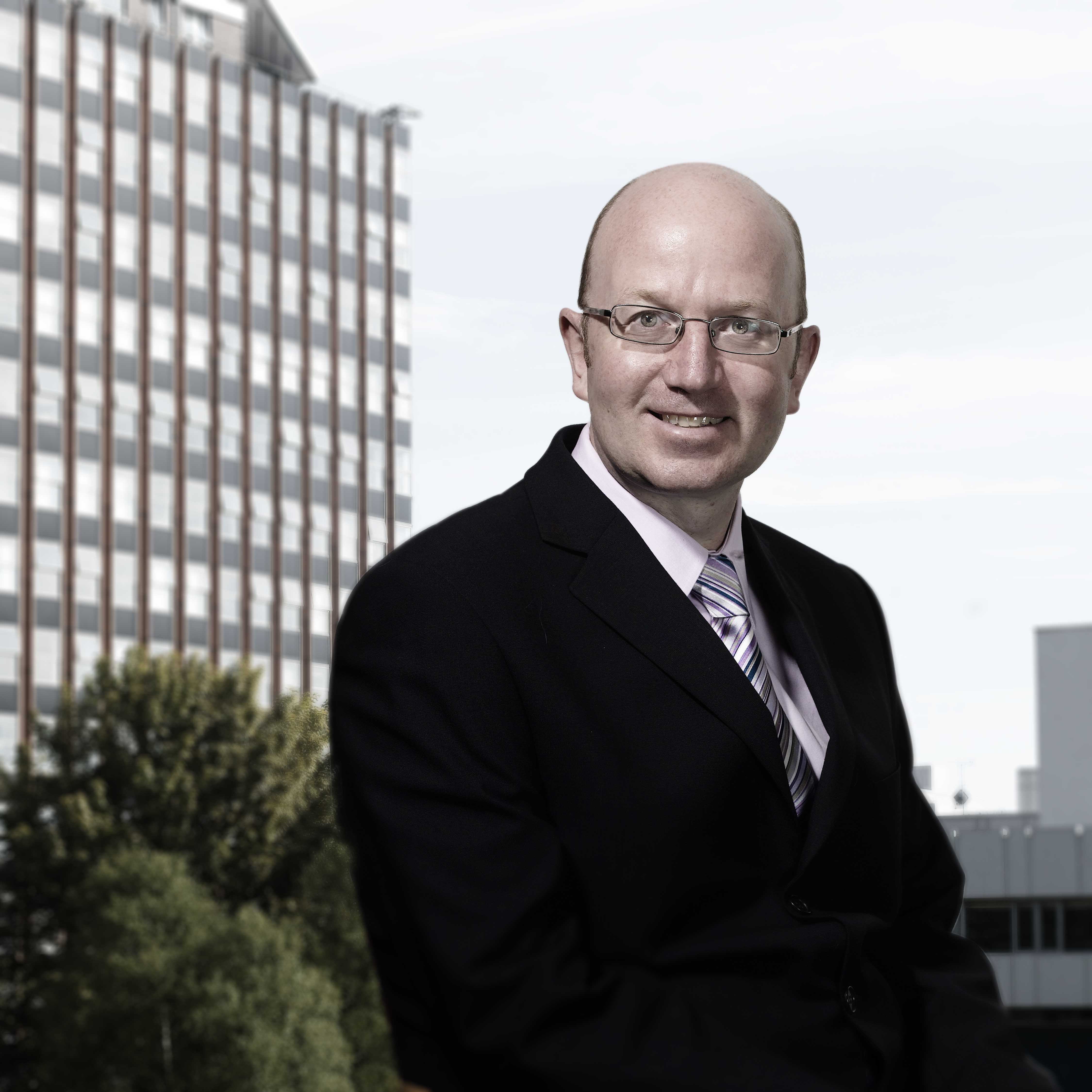Sex sells but who's buying?
By Dennis Nickson - Posted on 31 January 2013Professor Dennis Nickson, head of the Department of Human Resource Management looks at the growing sexualisation of the workplace…
The workplace is now increasingly becoming a common venue for romantic liaisons. Surveys from around the world consistently report that around 40% of respondents have been involved in an office romance – often leading to marriage, suggesting that the workplace is a surrogate dating agency. As a consequence, many employees try to make themselves attractive at work through dress, comportment and language. In the past, companies have either tried to ignore or even ban this employee sexualisation – usually without much luck. Now, however, some companies are deliberately encouraging it as a commercial tool to help boost sales.
The commercially minded know that sex sells and the practice of sexualising both the workplace and marketing has been on the increase for decades. An early example is the airline industry and the evolving way in which cabin crew have been portrayed. At first, all cabin crew were men with the first female staff appearing at the end of the 1930s. As the occupation became increasingly feminised, during the 1960s and 1970s, companies became more willing to use suggestive advertising with Delta’s ‘Ready when you are’ and National’s ‘I’m Anne, fly me’ being two well-known examples. More recently, Virgin Blue, a budget airline in Australia, advertised itself using the tagline: ‘Plane Fares, Beautiful Service’.
It will pay for some businesses to sell lifestyle ideas to customers. It would be wrong to suggest that all companies ‘require’ good looking people but some will look to hire a certain type. Books shops might hire ‘bookish’ people while leading fashion retailers, such as Abercrombie and Fitch, might be looking for model good looks for their front-of-house operations. Home improvement giants, B&Q, have championed the older worker as an indication of how they value age and experience in assisting customers in their stores. At the other end of the scale the restaurant chain ‘Hooters’ have controversially used the image of cheerleader-esque girls to attract a predominately male clientele, and the company argues that with sexual images evident in advertising the use of tight fitting clothes to attract business is nothing out of the ordinary. Not everyone agrees, however, and for some the overt sexualisation of staff is a step too far, as even a cursory glance at some of the on-line debate about Hooters shows.
It is clear that although tastes do change over time, opinion is still divided between acceptable sexualisation and the lack of good taste. The increase in faster mobile and tablet devices in Britain will mean both businesses and advertisers will find it easier to exploit their products to a nation on the move, and sexualised selling will most definitely play a part in forming online content ranging from air travel through to an advert for your local bar. With extra avenues opening up, companies will need to consider a number of practical and ethical issues.
While it may seem to be a good idea to use ‘good looking people’ to sell a product or lifestyle, the way in which the issues are approached are important. Companies that get it wrong and are considered to be unnecessarily imposing stringent appearance requirements for their staff could end up facing charges of sexual harassment or, as was the case recently with Abercrombie and Fitch, claims of harassment related to disability. On the other hand, the need for certain types of people could also mean some issues are simply part of the job description.
What is important is that business makes an informed decision which does not alienate the very people they are trying to attract to their services and products.
What do you think about advertising trends and the increasing importance of image – are we going too far or are we managing to strike the right balance?










